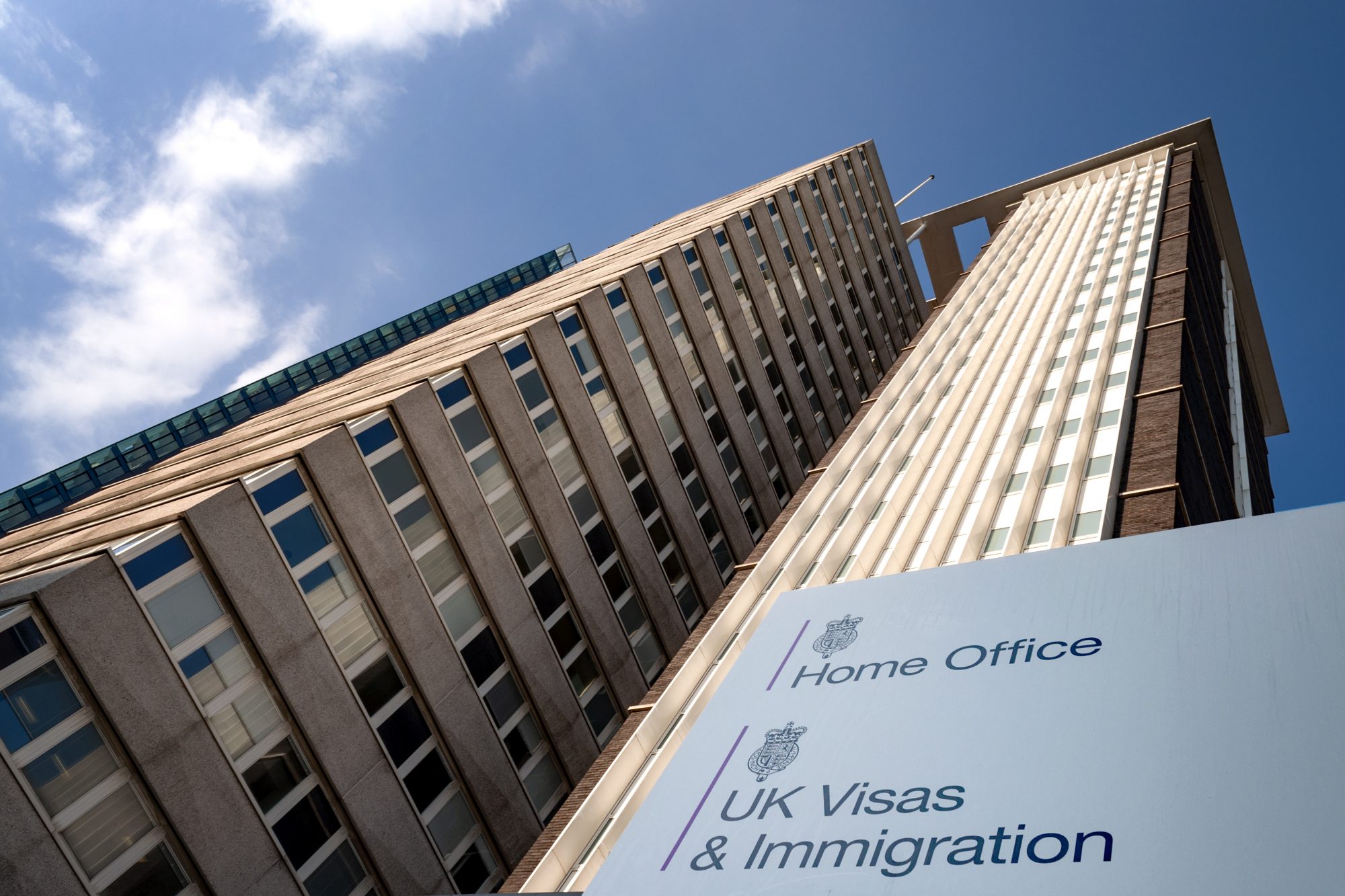The pandemic’s impact on international tourism has spurred the growth of e-visa systems so much that the market will grow by 11.3%
The pandemic’s abrupt cancellation of travel for business and tourism had an effect on us all. But its impact was felt most dramatically by those countries whose economies depended on it.
The UN World Tourism Organization (UNWTO) reported that international tourism, and its closely linked sectors, suffered an estimated loss of $2.4 trillion in 2020 due to direct and indirect impacts of a steep drop in international tourist arrivals.
Now that the world has opened up again, these countries are addressing this huge fall in income – and the debt distress situation that some find themselves in – by searching for new ways to boost visitor numbers and gain a competitive advantage in a tough market.
What are the e-visa trends?
One of the fast-developing trends is for countries to introduce and expand e-visa systems. From Thailand to Oman, countries are easing travel and business visa rules – and simplifying the process of applying – to encourage cross-border travel.
Oman announced that it was opening its doors to tourists from over 103 countries by offering visa-free entry for up to 14 days. Recently, Thailand extended its e-visa service to nine more countries, raising it to 23. Meanwhile, Egypt doubled its scope of electronic visa access to 180 countries – compared to 90 last year. Furthermore, almost half of the African countries have activated online processing of visas, with some countries opening access to more than 180 nationalities to lure more tourists from within and outside Africa.
The E-visa market is expected to witness a growth rate of 11.3% between 2021 and 2028
According to recent reports, the E-visa market is expected to witness a growth rate of 11.3% between 2021 and 2028.
At VFS Global, we have processed more than 300,000 e-Visas and e-Visas on arrival (e-VOAs) applications globally in 2022. This is a significant jump from previous years. VFS Global currently partners with Azerbaijan, Indonesia, Suriname, Thailand, United Arab Emirates (For customers of the Emirates) to provide e-Visa solutions for travellers.
Changing demand patterns are likely to stir wider acceptance of seamless solutions. Today, more than 70 countries offer some form of e-visa solution for travellers — and we expect more governments to follow.
Visa extensions to jumpstart the economy
Thailand will soon be making it easier for tourists to stay longer. The country announced that it is extending its Visa on Arrival duration to 45 days from 30 days. This visa length extension is part of an effort to jumpstart Thailand’s tourism economy after it suffered due to COVID-19 travel restrictions.
In addition to the tourist visa extension, Thailand has also introduced a Long Term Resident Visa program which is designed to allow more foreigners to stay for extended periods of time — up to 10 years.
Indonesia, too, has launched the B211 Tourism Visa: a pre-arranged visa that allows any travellers of any nationality to spend up to six months in Indonesia.
Meanwhile, Vietnam is looking to extend the Visa-free stay up to 45 days for tourists from certain countries. The objective is to give them the opportunity to explore Vietnam and seek business opportunities in the country, facilitating tourism and social economic recovery.
Boosting international tourism
Countries looking to revive their economy are introducing innovative ways to drive tourism. Some authorities are looking at incentives such as handing out cash to visitors, whilst some airline carriers are offering free round-trip air tickets to certain destinations in Asia.
The reason governments are working hard to make travelling attractive and easier is simple: Visitors spend money and boost the local economy. Community businesses, including restaurants, retail stores and boutiques, thrive when tourism increases.
It helps drive profits and create jobs which, in turn, increases the disposable income within the local economy. Travellers want to know that they can avoid queues and bureaucracy – whether during the application process or when they arrive in a country after a tiring flight. Simplifying travel through greater use of e-visas is a clear win-win for all.
This piece was written and provided by Jiten Vyas, Chief Commercial Officer at VFS Global.











